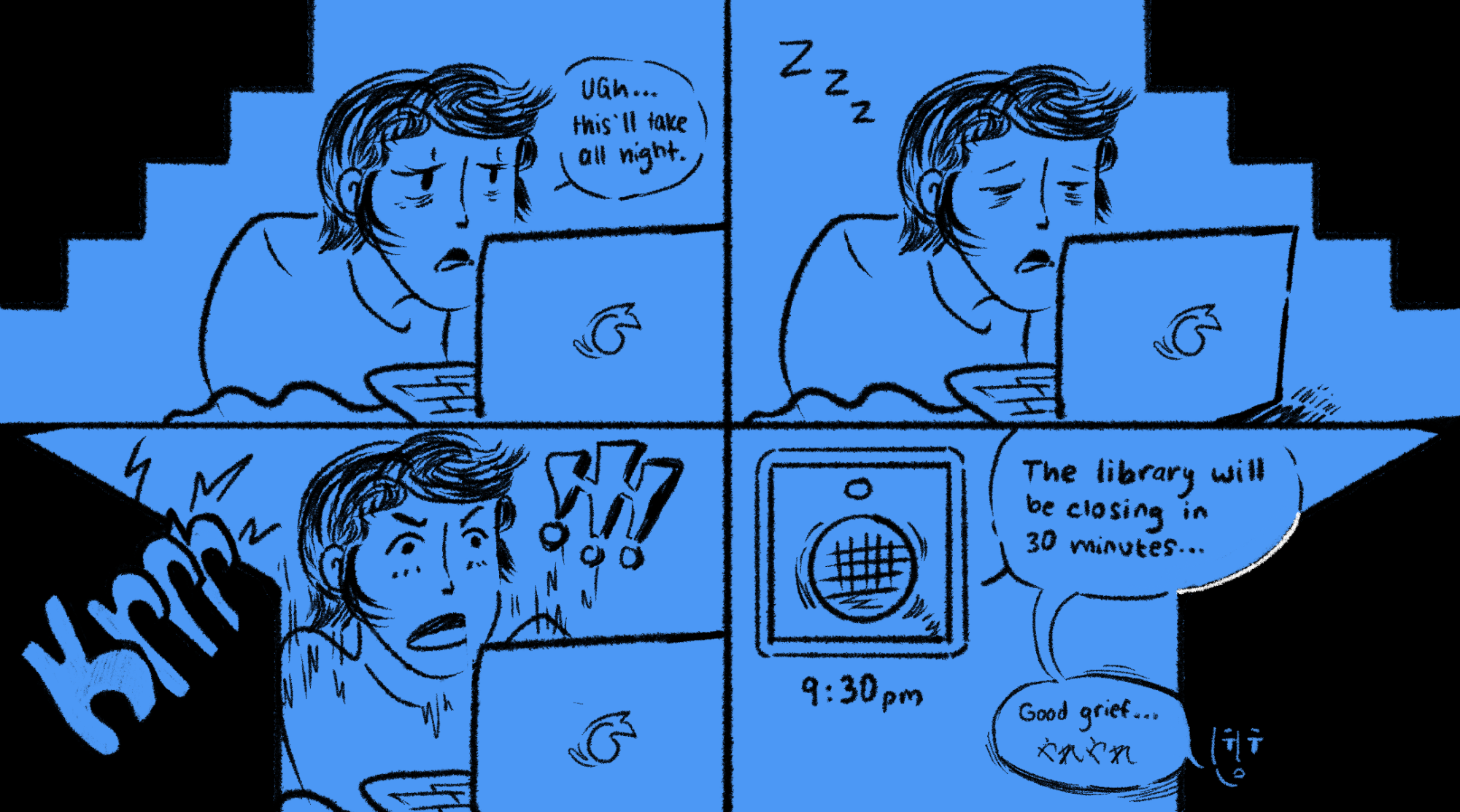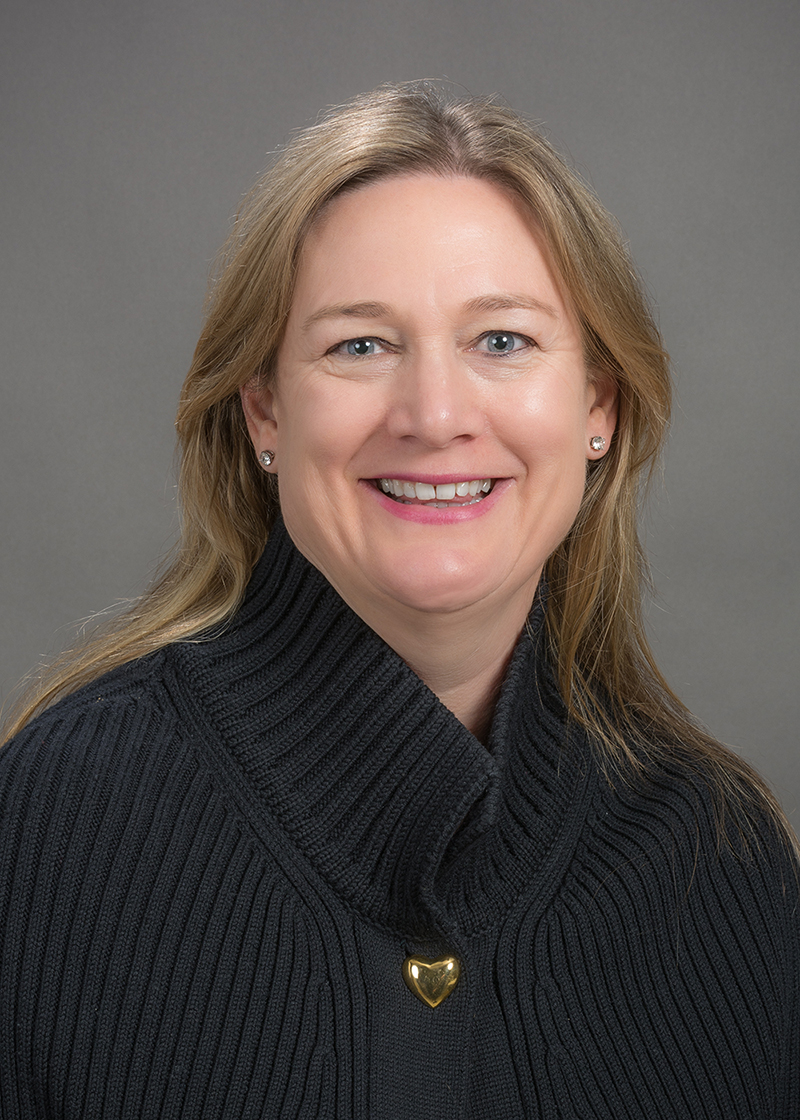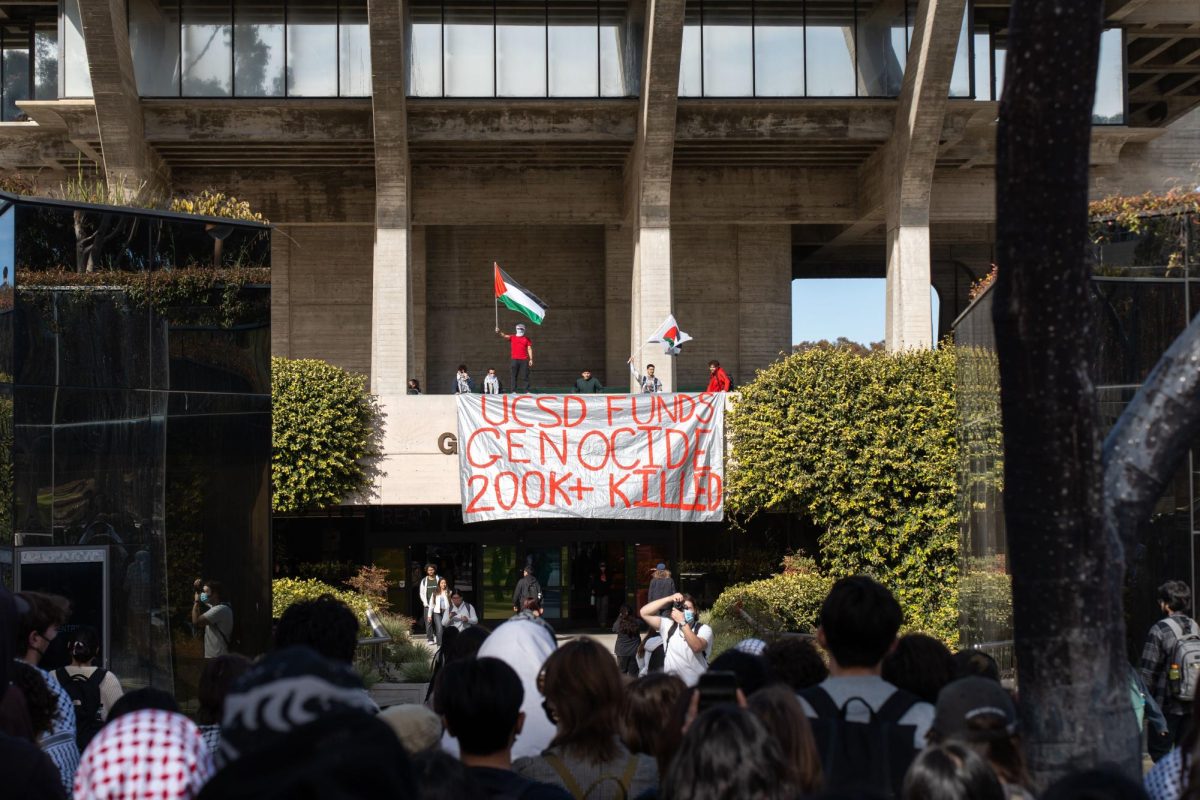To save an almost negligible amount of money, UC San Diego is willing to cut off a convenience that the entire student body benefits from. The schools’ new policy for the 2024-2025 academic year shortens Geisel Library’s hours from having certain floors available for 24-hour use to closing at 10 p.m. from Sundays to Thursdays and 6 p.m. on Fridays and Saturdays. The school’s official statement cites budget costs as their main reason for this change. On the surface, this seems like a somewhat valid reason, but a closer inspection of the school’s finances suggests that they are truly so desperate for profits that they will cut even the smallest of costs.
In UCSD’s most recent available fiscal report from 2017, the school reports school spending about $4.3 billion annually. Of this exceptionally high budget, courtesy of charitable organizations and taxpayer money, only 2% goes to “institutional support,” and 3% goes to “student services.” While it is unclear what category that library maintenance fees land in, it’s a drop of water in the sea of funds that UCSD receives. The costs that come with paying for utilities like water and electricity and the salaries of night-time security guards would be an almost trivial amount of money compared to the grand total of $4.3 billion that UCSD receives every year.
UCSD currently does not publically report on Geisel Library’s finances, which makes little sense. When citing budget costs as a reason to shorten library hours, it only makes sense to make the budget publicly available. This lack of transparency means that in order to estimate the true amount of money saved, we have to extrapolate using other data. According to their 2021 budget report, the Indianapolis Public Library spent about 2 million on utilities like electricity, water, and cleaning services. Accounting for operating hours, the relative size and scale of the different libraries, the fact that Geisel only kept its bottom two floors open overnight, and the salary of the night security staff, which would amount to at most about $2 million annually, Geisel Library would only save about $3 million from this budget cut.
While this number is solely an estimate due to UCSD’s lack of financial transparency, the real number should be somewhere in the ballpark. $3 million is no small amount, but relative to the school’s astronomically larger net position of $1.5 billion, it’s an insignificant number — literally, only 0.2%. This budget cut only shows that UCSD is entirely unwilling to compromise its other arguably less important projects like research or staff salaries, even by such a small amount, when keeping the library open is arguably more important than investing into research or funding departments.
This min-max cost cutting technique isn’t necessarily new. Many corporations use this technique to maximize their profits. Thirty years ago, American Airlines pioneered this approach to save money by including one less olive in their first class meals. In doing so, they saved nearly $40,000 per year — equivalent to about $100,000 today.
However, this miserly approach of trying to cut even the smallest corners — like Geisel’s operating hours — isn’t appropriate for a government-sanctioned, publicly-funded educational institution. American Airlines got away with it because, as a corporation, their mission is to increase profits, so this greed is somewhat understandable. However, UCSD is not a corporation whose sole purpose is to maximize profits; they are an educational institution whose mission is supposed to be promoting and fostering quality and accessible education.
UCSD couldn’t even be bothered to come up with a more valid excuse to shorten library hours. For example, they could have cited student health and sleep issues or a school-life balance — much more agreeable explanations to change library hours. Discouraging students from pulling all-nighters and sleeping in the library would have actually shown consideration for student well-being instead of portraying the university as purely and unabashedly greedy.
By cutting Geisel Library’s hours, UCSD’s administration is effectively carrying out their own version of American Airlines’ “one less olive” budget cutting program — a parsimonious move that saves a minimal amount of money with the sole intention of greed. If UCSD wants to maintain its image as an educational institution that truly seeks to improve society through education and research, it needs to revert the new Geisel policy rooted in greed and avarice.
















Jorge Posada • Nov 2, 2024 at 9:48 pm
Very good points. This is a quality of life issue for all students. Between work and volunteering, weekend nights are my only time to make use of Geisel and its resources. I hope the administration wakes up and realizes that this decision hurts UCSD academics. Bring this essential service back.